Council Approves New Youth Prison in Milwaukee
Replacement for troubled Lincoln HIlls facility doesn't come without objections.
The Milwaukee Common Council has done its part to clear the way for the state to build a replacement for the troubled Lincoln Hills youth prison in central Wisconsin.
On Tuesday, the council approved a zoning change to enable the Wisconsin Department of Corrections (DOC) to construct a 32-bed facility at 7930 W. Clinton Ave. on Milwaukee’s northwest side.
“Now that its passed, I hope that it has the positive effect that supporters claim it will,” said Coggs in an interview after the meeting.
The DOC must still hold a legislatively-mandated public listening session on the proposal and the State Buildinng Commission must award funding to construct the facility. Mayor Cavalier Johnson, largely as a formality at this point, must also sign the council’s action.
Several people who live near the proposed facility have repeatedly testified against the proposal, arguing it would have a negative impact on the neighborhood, while many involved in the youth justice system spoke of the need to develop a facility in the Milwaukee area and improve rehabilitative care.
The 32-bed facility would be located on a 6.6-acre site at the end of a dead-end road located northwest of the intersection of N. 76th St. and W. Good Hope Rd. It could open as soon as late 2025, 10 years after the 400-bed, Wausau-area Lincoln Hills facility gained national notoriety for allegations of abuse of youth by staff, staff shortages and other problems. The state has paid out more than $25 million in settlements as a result.
Additionally, Carr said the facility would keep youth closer to home, enable the hiring of a more diverse workforce and improve rehabilitation outcomes by providing better programming and therapy for both inmates and their families.
Many nearby residents have expressed frustration that the facility is being advanced while the area council seat is vacant. Chantia Lewis was removed from office in July for felony misconduct in office.
“Overwhelmingly, people in my district feel strongly opposed to this Type 1 Facility in our district,” said candidate Amber Danyus, one of eight candidates running for the seat, on Jan. 10. Her viewpoint was echoed by two other candidates, Cherie Ray and Russell Antonio Goodwin, Sr. They called for, at minimum, a delay until after the April election. Others called for a referendum.
State Senator Lena Taylor, who represents the area, has supported the proposal. State Assembly members LaKeshia Myers and Dora Drake, who will trade off representing the site as a result of the redistricting process, have supported bringing the facility to Milwaukee.
The street, which would see its lighting upgraded by the state, is lined by commercial and industrial businesses. The property, once used as a vehicle emissions testing facility, is bordered to the west by a railroad line and buffered from neighboring properties by a wooded area.
The DOC would construct an approximately 72,000-square-foot building. At the rear, a 16-foot-tall wall would enclose an outdoor recreation area. A ring road would wrap the building, with a six-foot-tall, steel fence enclosing the portion of the road that borders the secured area.
During the zoning hearing last week council members gave their rationale for supporting the project.
Ald. Scott Spiker said he understood why the area council representative might oppose it. But with or without their objection, he said he would still support the proposal as he believes it is good for the city. He said he didn’t think there was a location in the city that wouldn’t generate a hotly-contested hearing.
Ald. Russell W. Stamper, II said he was moved to vote for the zoning change based on the testimony of those who were formerly incarcerated. “It does have to go somewhere and where they put it is the most secluded place available,” he said.
There are currently 60 boys at Lincoln Hills and nine girls at the adjacent, girls-only Copper Lake facility, said Carr on Jan. 10. The new Clinton Ave. facility would be only for boys. Milwaukee County pays more than $1,000 per day to send offenders to the two facilities, but could save money and keep more individuals closer to home if new facilities are developed.
Most youth offenders, said the DOC officials, do not spend their entire sentence at a Type 1 facility and instead transfer to a state-financed, county-run “Type 2” facility or a lower-level, county-owned detention center like the Vel R. Phillips Juvenile Justice Center. Along with the state’s push for this new Type 1 facility, Milwaukee County is also pursuing the expansion of the Phillips facility.
Renderings and Site
Site
Legislation Link - Urban Milwaukee members see direct links to legislation mentioned in this article. Join today
If you think stories like this are important, become a member of Urban Milwaukee and help support real, independent journalism. Plus you get some cool added benefits.
Related Legislation: File 220878
More about the Lincoln Hills and Copper Lake Facilities
- Evers’ Prison Plan Receives Mixed Reviews - WPR Staff - Feb 21st, 2025
- ‘First of its Kind in Wisconsin’ Collaboration Will Support Disabled Incarcerated Youth - Andrew Kennard - Dec 12th, 2024
- MKE County: Tight Budget Forces Difficult Vote on Housing, Juvenile Justice - Graham Kilmer - Nov 1st, 2024
- Letters from Evers, Republicans Show Clash on Juvenile Corrections - Andrew Kennard - Aug 17th, 2024
- Following Counselor Death, Staff, Family Plead for Help At Lincoln Hills - Andrew Kennard - Aug 16th, 2024
- Lawmakers Grill Wisconsin Prison Officials Over Safety, Employee Death at Youth Facility - Sarah Lehr - Aug 7th, 2024
- Future of Lincoln Hills Remains In Limbo - Isiah Holmes - Apr 12th, 2024
- MKE County: County Youth In State Prisons Declining Again - Graham Kilmer - Jan 15th, 2024
- Legislative Committee Okays $6 Million for 2nd Juvenile Facility - Devin Blake - Oct 1st, 2023
- Some Progress, Still Problems at Lincoln Hills - Isiah Holmes - Jul 9th, 2023
Read more about Lincoln Hills and Copper Lake Facilities here
Political Contributions Tracker
Displaying political contributions between people mentioned in this story. Learn more.
- April 1, 2020 - Lena Taylor received $100 from LaKeshia Myers
- February 23, 2016 - Chantia Lewis received $100 from Kevin Carr
Eyes on Milwaukee
-
Church, Cupid Partner On Affordable Housing
 Dec 4th, 2023 by Jeramey Jannene
Dec 4th, 2023 by Jeramey Jannene
-
Downtown Building Sells For Nearly Twice Its Assessed Value
 Nov 12th, 2023 by Jeramey Jannene
Nov 12th, 2023 by Jeramey Jannene
-
Immigration Office Moving To 310W Building
 Oct 25th, 2023 by Jeramey Jannene
Oct 25th, 2023 by Jeramey Jannene


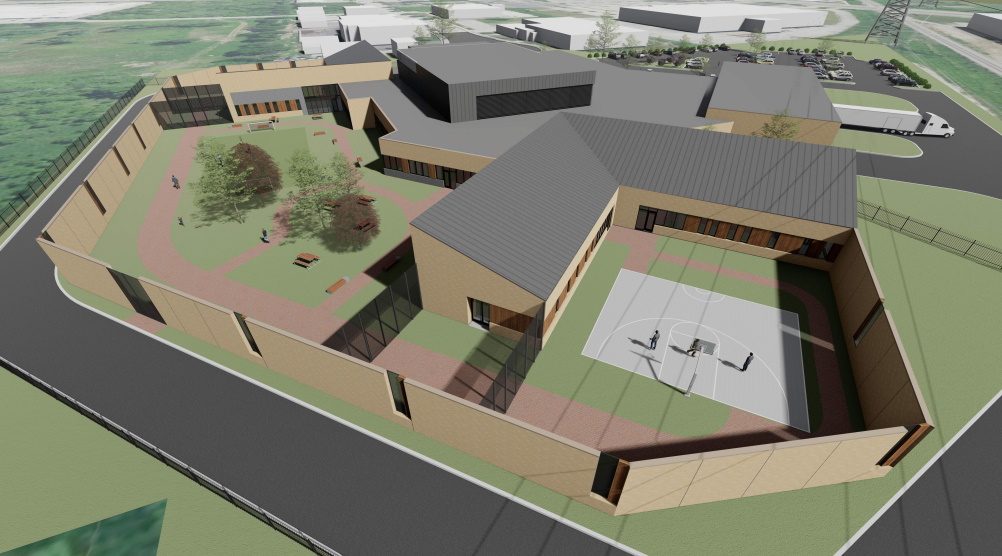
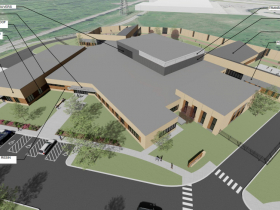
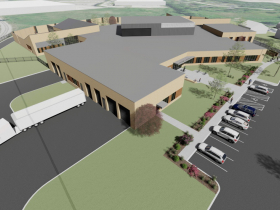
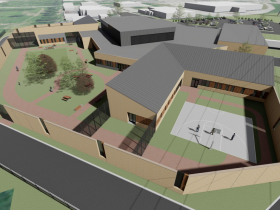
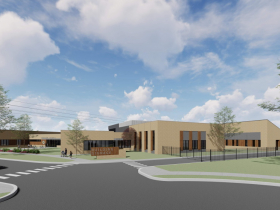

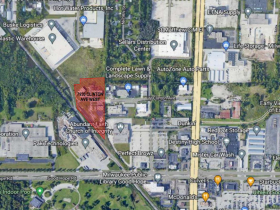
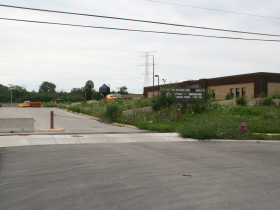
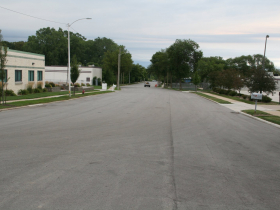
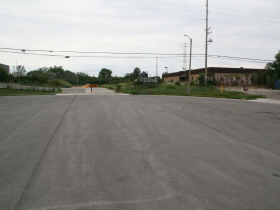




















It is only good for the Builders and workers who will construct it. If all the children who will be locked up GOT THE THERAPY that by rights they are entitled to when they first acted out we would not need such a facility. It is ALL ABOUT Trauma and Therapy heals trauma.